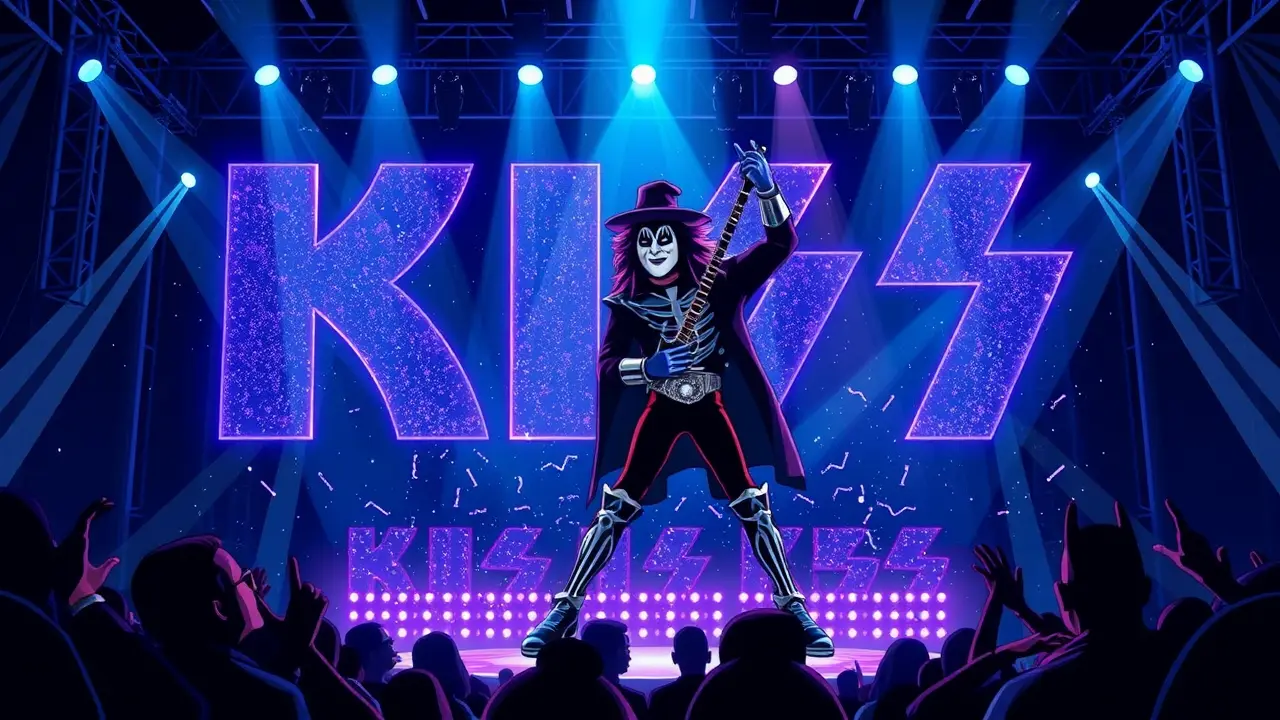
Otherlaw & courts
Kiss Lawsuit Over Technician's Death Dismissed After Settlement.
BR
Brian Miller
3 hours ago7 min read
The final curtain has fallen on the legal drama surrounding the tragic backstage death of Kiss technician Francis Stueber, with a California court entering a full dismissal of the entire action this past Wednesday, a quiet coda to a lawsuit that had rocked the live music world. This judicial closure came swiftly on the heels of a September filing from Stueber’s estate, which formally notified the court of a conditional settlement reached with the legendary rockers and their powerhouse promoter, Live Nation, effectively silencing the legal amplifiers and allowing a somber hush to settle over a case that posed profound questions about the unseen risks faced by the road crews who build the dreams we see on stage.For those of us who live and breathe the rhythm of the road, from the scent of old vinyl to the electric buzz of a festival soundcheck, this case was never just another line item in the trade papers; it was a haunting ballad about the people working in the shadows, the unsung heroes whose names aren't on the marquee but whose labor is the very foundation of every explosive pyro blast and every crystal-clear guitar riff. Francis Stueber wasn't a star, but he was a vital part of the orchestra, a technician whose role was as crucial to the Kiss spectacle as any of the iconic face paint adorning Gene Simmons or Paul Stanley, and his death following a show at the Hollywood Bowl in 2022 sent a seismic shock through the tight-knit community of roadies, riggers, and audio engineers—the backbone of our industry.While the specific terms of the settlement remain shrouded in a confidentiality clause as thick as stage fog, the mere act of its resolution speaks volumes, echoing like a resolved chord after a period of dissonant legal strife; it suggests an acknowledgment, a reckoning behind closed doors that, while it can never bring a man back, can perhaps provide a measure of solace and support for a grieving family and serve as a stark, sobering reminder to the entire concert ecosystem. This incident forces us to flip the record and listen to the B-side of the music business, the one that isn't about platinum records and sold-out arenas but about grueling travel, punishing hours, and the complex, often dangerous, technical wizardry required to manufacture the magic we all take for granted.Think of the history: from the fatal 1977 crash that took the lives of three members of Lynyrd Skynyrd's touring party to the stage collapse at the Indiana State Fair in 2011, the narrative of live music is punctuated by these tragedies, a somber bassline running beneath the triumphant guitar solos. The Stueber case, in its resolution, now joins this painful playlist, a new entry that will undoubtedly lead to quieter, more serious conversations in production offices and union halls about duty of care, safety protocols, and the immense pressure on crews in an era of ever-more-spectacular and technically demanding live productions.For a band like Kiss, whose brand is built on a mythology of invincibility and bombast, this lawsuit was a poignant counter-melody, a human-scale story of loss that stood in stark contrast to the larger-than-life personas they project. As they prepare for their final bow on the 'End of the Road' tour, this settlement allows them to exit the stage without the lingering legal battle, but it also permanently alters the legacy, adding a layer of profound real-world gravity to their story.The true consequence, one hopes, is that the industry itself will turn up the volume on crew welfare, ensuring that the people who build the platforms for our idols are afforded the same level of protection and respect as the stars themselves. The case may be dismissed, but its reverberations—a mix of grief, accountability, and a call for change—will continue to echo long after the house lights have come up.
#featured
#Kiss
#lawsuit
#Francis Stueber
#settlement
#wrongful death
#guitar tech
#court dismissal
Stay Informed. Act Smarter.
Get weekly highlights, major headlines, and expert insights — then put your knowledge to work in our live prediction markets.
© 2025 Outpoll Service LTD. All rights reserved.